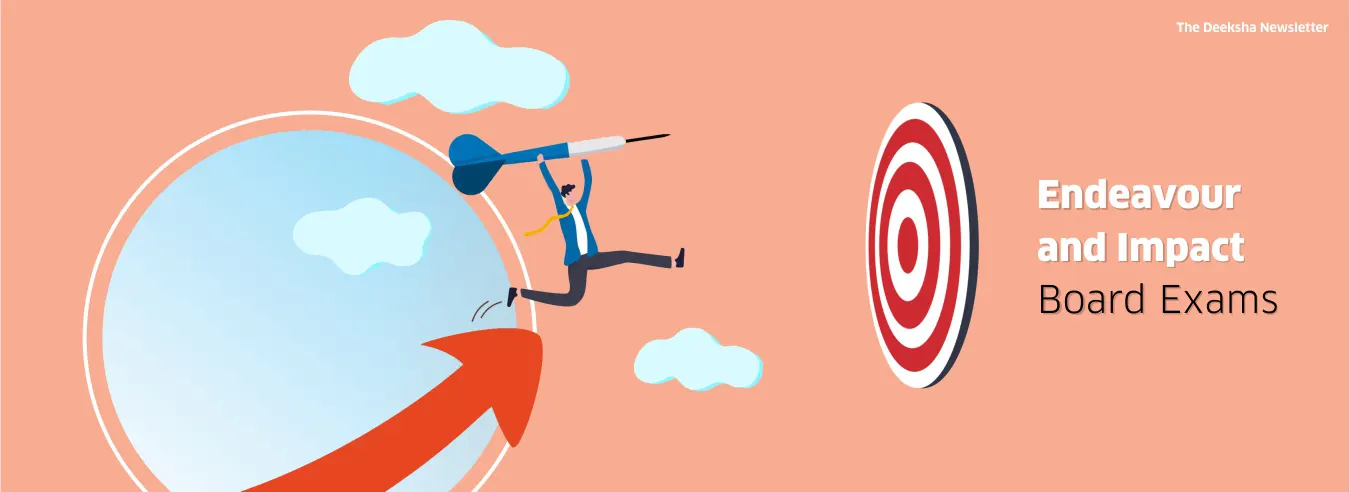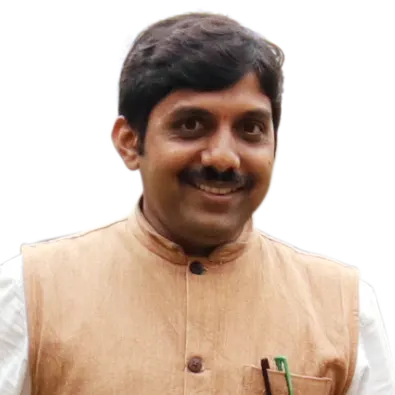
To master the syllabus, the main source of reference for both Class 11 and 12 are the NCERT books. They are like the “Bhagavat Gita” for our children!
Mastering the NCERT books is the base for scoring great marks in the Board Exam, and it also helps in case one decides to pursue pure science or go for competitive exams like JEE, CET and NEET.
Gearing up:
1. Write, write, and write…: A fundamentally important aspect of preparation for subjective exams is the art of writing. We have often seen that children lack the skill of articulation, despite knowing the answer. A daily writing ritual not only reinforces learning but increases clarity of thought and results in better presentation. Reading texts, especially in core subjects, unlike reading a novel, requires deliberation, taking notes, highlighting and revisiting.
Looking at the common scenarios in tests and exams across subjects, children sail through one and two-mark questions easily. But while answering questions that need longer answers, they tend to falter, hence writing practice is critical. Moreover, writing is an effective learning strategy too. A Based on my experience, I would say, “Writing anything once is equal to reading it ten times!”
2. Self-assessments: Usually after a test or exam, most children do not revisit the paper to self-assess their own performance. For example, if a child has scored 18 on 25, they get complacent and leave it at that. However, it would serve them better to revisit the paper and figure out where and why have they lost those six or seven marks. Doing this during tests and preparatory exams will give them clarity on their learning gaps and a sense of where they stand. It then becomes the basis for a plan to bridge those gaps and excel in the upcoming tests. Also, teachers could support the children who are more self-aware of their learning gaps, much more effectively. If left unattended, these tough topics or chapters would stay tough or get even tougher to deal with as the time frame shrinks.
3. Right approach to studies: Many children tend to refer to various sources of knowledge – textbooks, guides, additional reference books and question banks, simultaneously. While it is good to expand one’s learning avenues, on the flip side it could also lead to confusion. Though these books are authored by experienced teachers and experts, sometimes there may be difference in nuances and techniques to approaching a problem. Children need to approach their own teachers in such a situation to get clarity.
Understanding the perspective of the evaluators is also crucial for getting top scores. Sometimes, children tend to focus more on competitive exams and excelling at Board exams takes a back-seat. In a highly competitive environment, every single mark is crucial for your overall percentage. So, ensuring the best preparation for Board exams will take them closer to their goals.
Tips for children:
• Take ownership of your learning
• Bridge learning gaps across subjects and chapters
• Make best use of the timely tests and preparatory exams

Harshith C
Deeksha, Belagumba, Tumakuru
Class 12 – 600/600 (Science)
Currently studying MBBS @ SDM College, Hubli
Initially, in Class 11, up until the completion of the incipient 4-5 chapters, I struggled a bit to adjust to the vastness of the Board exam syllabus. In Class 10, we had smaller chapters that covered only the basics, whereas Class 11 subjects had exhaustive chapters with multiple sub-topics. Nonetheless, I slowly got used to the grind and adapted myself to the comprehensiveness of the syllabi. In Class 12, another new experience was in store: online learning. But even the online classes were conducted very well, ensuring that the pace was comfortable for us, and our doubts were cleared timely.
During both the years, I swore by the NCERT and would finish my daily studies of concepts taught in class, during my evening study hours, without fail. Saturdays and Sundays were dedicated to revising all the topics covered during the past week. The weekly tests on Fridays were of great help. The question papers were set to high standards and ensured that we mastered the weekly lessons across P, C, M and B subjects.
The teachers also gave us the question papers from previous years. I would religiously solve them at home and get my doubts cleared by my teachers the next day during break.
The interactions with my dP added value to my journey. Our Chemistry lecturer was my dP. In addition to being a great teacher, he also took care of my wellbeing, by calling me twice or thrice a week and talking to me about my progress and happiness.
The best thing about Deeksha was the care and support we received from day 1 till the time we passed out and secured seats in our respective undergraduate courses!
Study tips:
- Do not keep your studies pending. Ensure that the topics covered in class are studied at home the same day, without fail!
- NCERT books should be your main source of reference.
Solve previous years papers, as much as possible.

Subramanya Bhat
Deeksha, Main Campus, Bengaluru
Assistant Dean, Faculty – Sanskrit







Get Social